Are safaris ethical?
This is a question that we think about often, but is a very complex one! We have spent a long time researching this particular subject.
We are HUGE advocates for animal welfare and ethical wildlife experiences and there is no doubt that, with the world we live in, there is a lot to consider!
The difficulty with the question 'are safaris ethical?' is that there is no simple answer as it runs so deep. It's an issue that intertwines local economy, animal rights, tradition, morality and people's desire to travel and experience wildlife encounters.
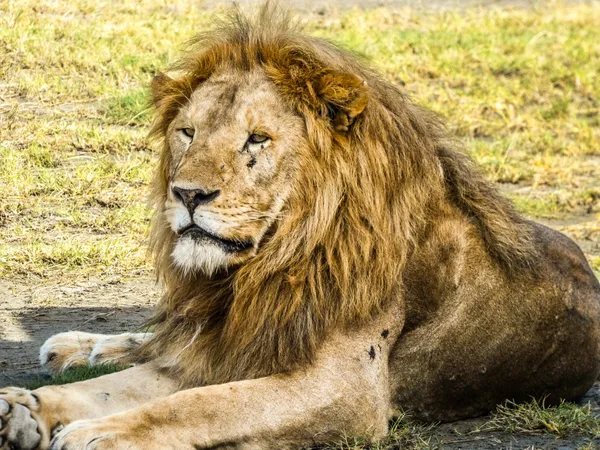
We couldn't possibly cover all of these aspects of the question in the depth they need and we are certainly no experts on the subject, however, we can share our thoughts and think it's important for us to encourage others to seek out ethical wildlife experiences on their travels!
There is always an argument that no wildlife or animal experience is truly ethical as in an ideal world we would leave animals alone and not interfere with them whatsoever. Unfortunately, we do not live in an 'ideal' world and our world is so intrinsically linked with the wildlife world. There is no doubt that the threat of humans to wildlife is bigger than ever and for so many reasons.
The impact of safari tourism
In Africa, there is a huge argument for responsible safari tourism being crucial to wildlife protection and their survival. Safaris are also vital in improving the economy of so many local communities.
It's important to remember that in a lot of areas of Africa, wildlife and communities live side by side. If local communities aren't able to learn and see the advantages of protecting their local wildlife for tourism then they are unlikely to want to do so. Often, wild animals will roam into villages and kill livestock which is ultimately the community's livelihood and this often results in the animal being hunted and killed.
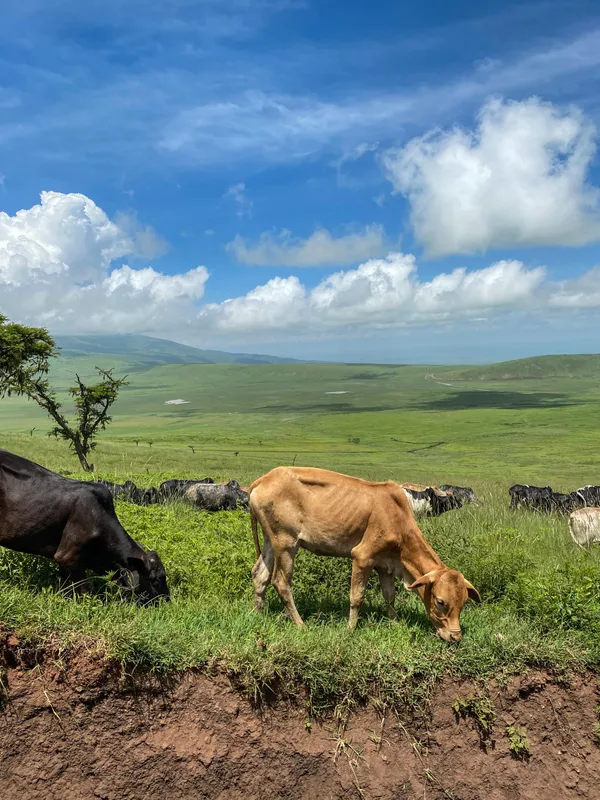
It's also worth noting that if the land wasn't being used for safari tours, there is a very high chance that the land would end up being used for something that would be far worse and detrimental for the wildlife, destroying their natural habitats.
It's also believed that safaris have helped decrease the levels of poaching as well. People don't just poach for ivory, but also meat, particularly if they live in poverty, which so many of these communities do. Tanzania is one of the poorest countries in the world. Bringing tourists to the area not only boosts the local economy, but reduces the need for local communities to poach.
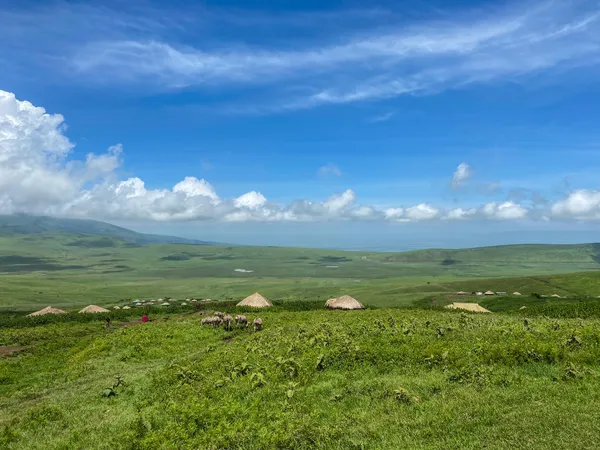
Without safari tourism, Governments and local organisations would just not be able to afford to support the conservation of wildlife and land, whilst providing the protection that the wildlife so desperately need. The more tourists that visit the area, the more money there is to invest in anti-poaching efforts, conduct wildlife research, provide and train more rangers, to fund important conservation projects and engage in local community projects.
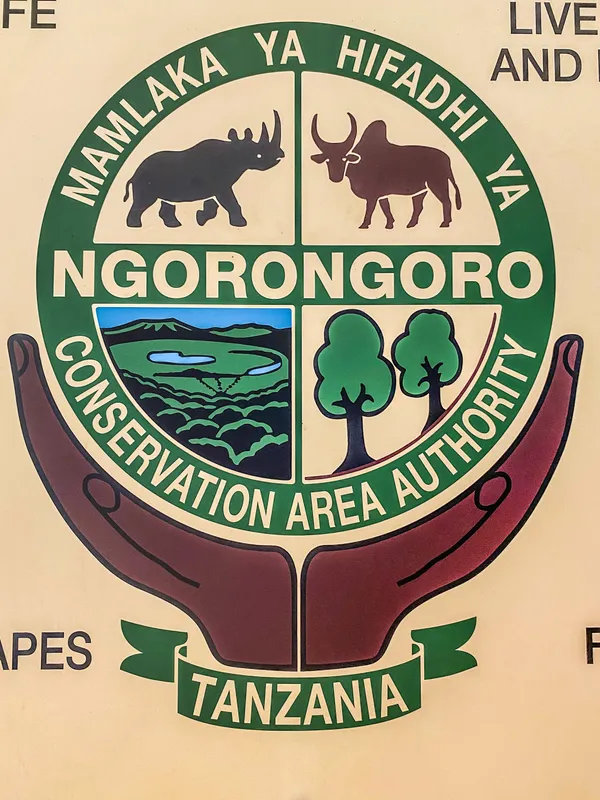
Unfortunately with the rise of safari tourism there has also been a rise in the number of unlicensed 'safari companies'. These companies can cause great amounts of harm to the wildlife and habitats, often 'chasing' animals in trucks and being very aggressive. It is so important to ensure you do your research and look for a reputable company.
Are safaris ethical?
At the end of the day we are ultimately going into their natural habitat and home. A lot of the wildlife have now become habitualised to seeing safari trucks, which is definitely not something they would be encountering if we left them alone. So it does raise the question, should we be doing it?
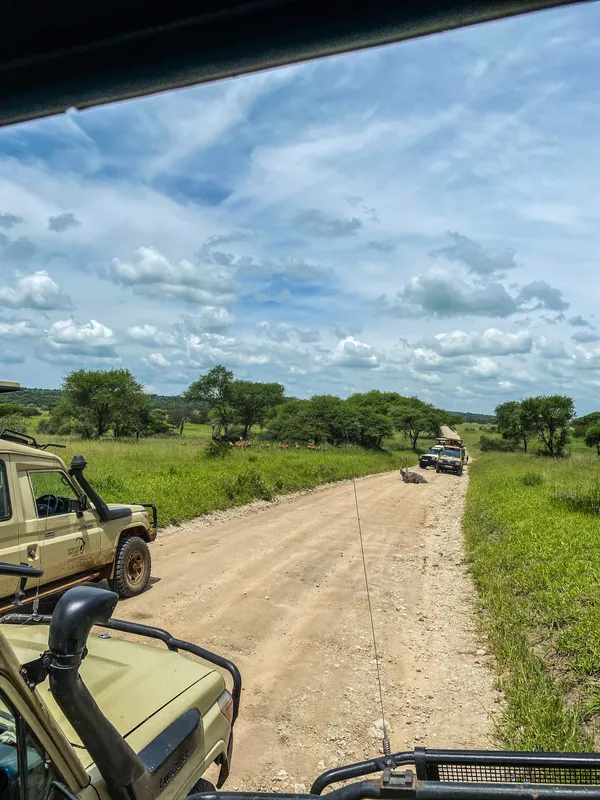
There is no doubt that there are worse parks and areas in Africa for 'un-ethical safaris' than others. This is why researching the area you want to visit is SO important and looking at their conservation efforts and projects and seeing how you can support these initiatives.
Botswana for example, leads the way in animal welfare and conservation - they have stringent rules and regulations in place and limit the number of beds in these areas, therefore limiting the number of tourists. We really hope to see more African countries following Botswana's efforts.
We would encourage you to always think about ethical wildlife experiences, not just on safari, but any animal encounter you may opt to experience!
Check out our travel tip on how to book an ethical safari!
Want to see more?
I have created curated maps, itineraries and more for travellers that want to travel like me.
Looking for things to do?
Go check out my guide for the best free things to do as well as itineraries and travel tips to make your trip unforgettable.

